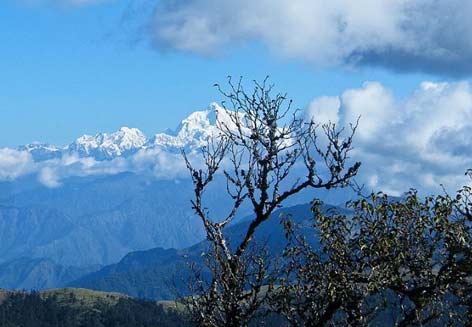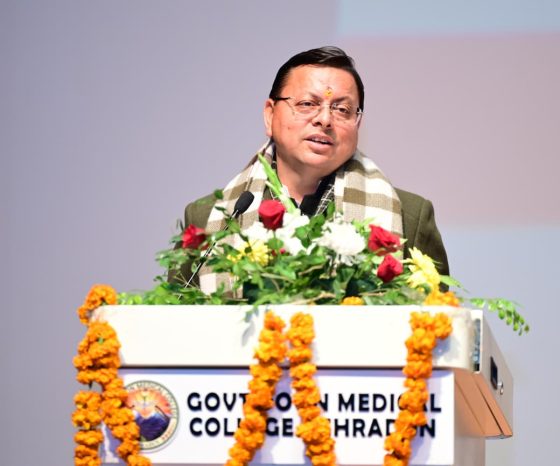Becomes 11th Biosphere Reserve from India to be Included in the World Network of Biosphere Reserves
The Khangchendzonga Biosphere Reserve has become the 11th Biosphere Reserve from India that has been included in the UNESCO designated World Network of Biosphere Reserves (WNBR). The decision to include Khangchendzonga Biosphere Reserve in WNBR was taken at the 30th Session of International Coordinating Council (ICC) of Man and Biosphere (MAB) Programme of UNESCO held at Palembang, Indonesia, from July 23-27, 2018. India has 18 Biosphere Reserves and with the inclusion of Khangchendzonga, the number of internationally designated WNBR has become 11, with 7 Biosphere Reserves being domestic Biosphere Reserves.
Khangchendzonga Biosphere Reserve in Sikkim is one of the highest ecosystems in the world, reaching elevations of 1, 220 metres above sea-level. It includes a range of ecolines , varying from sub-tropic to Arctic, as well as natural forests in different biomes, that support an immensely rich diversity of forest types and habitats.
The core area of the Biosphere Reserve is a major transboundary Wildlife Protected Area. The southern and central landscape, which makes up 86% of the core area, is situated in the Greater Himalayas. The northern part of the area accounts for 14% is characterized by trans-Himalayan features. Buffer zones are being developed to promote eco-tourism activities. Plantation and soil conservation work is also being carried out.
The core zone – Khangchendzonga National Park was designated a World Heritage Site in 2016 under the ‘mixed’ category. Many of the mountains, peaks, lakes, caves, rocks, Stupas (shrines) and hot springs function as pilgrimage sites. Over 118 species of the large number of medicinal plants found in Dzongu Valley in north Sikkim are of ethno-medical utility. The transition zone is targeted for eco-development activities, afforestation, plantation of medicinal herbs and soil conservation measures.
 Dainik Nation News Portal
Dainik Nation News Portal




